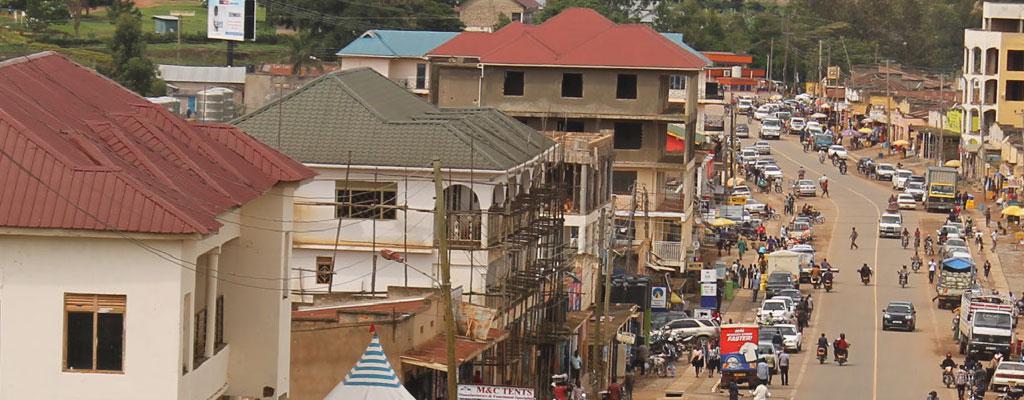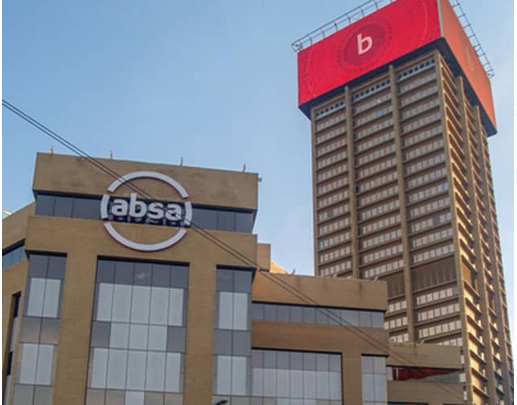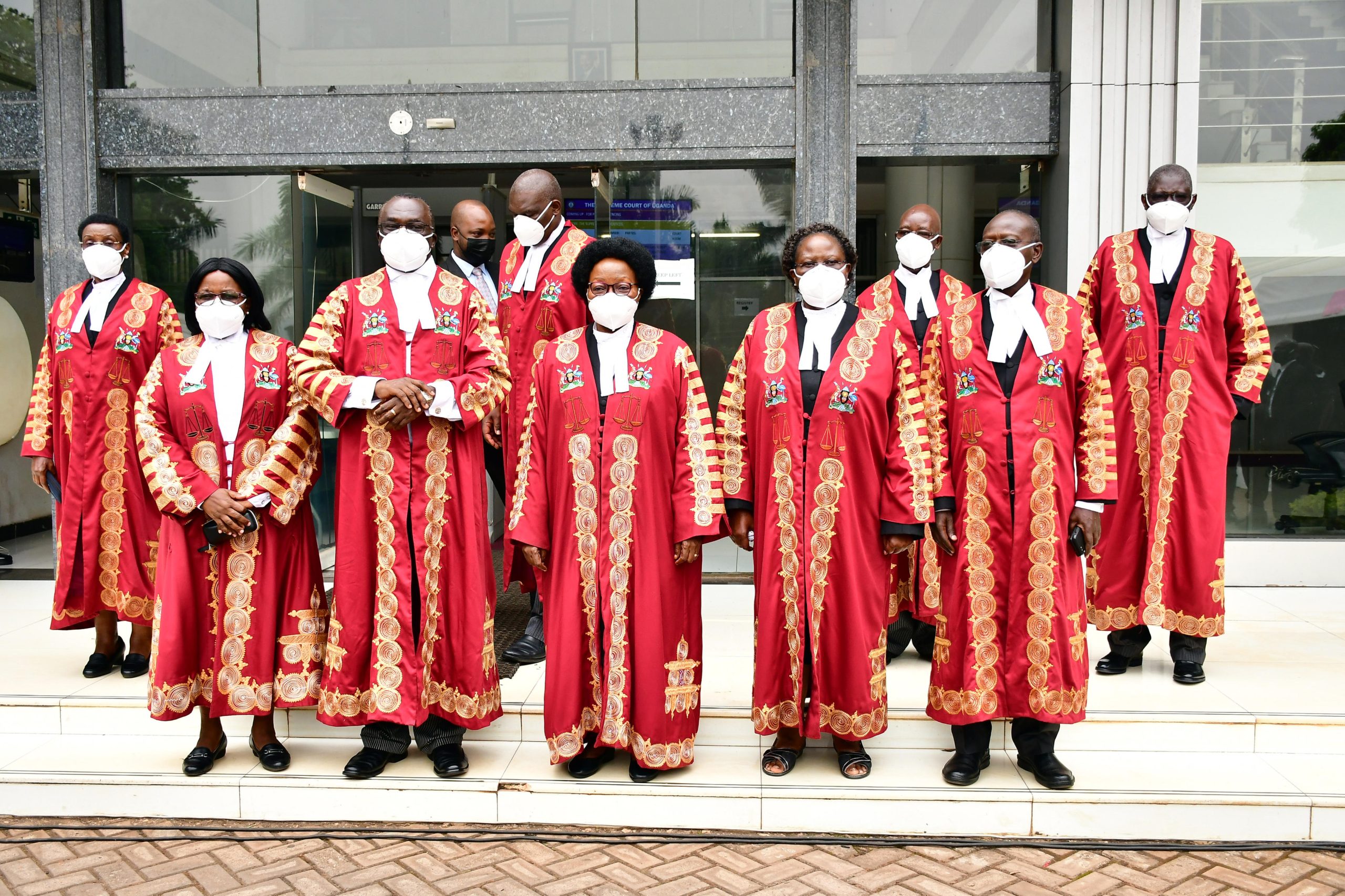The Kiboga High Court has become the unlikely sanctuary where residents, fueled by the spirit of legalism, have been bringing forward cases so small they’d make a microscope squint.
In response, Principal Judge Flavian Zeija, armed with the gavel of wisdom and a robe that has seen better days, is here to usher in a new era of judicial prudence.
During the grand unveiling of the Kiboga High Court circuit, Judge Zeija took to the podium, not to declare a mistrial, but to kindly request the good people of Kiboga to maybe, just maybe, reconsider their relentless siege on the court with cases that could easily be settled over a friendly chat or a firm handshake.
You see, the Judiciary, much like a crowded Kigege, is at full capacity, with a backlog of 43,617 cases. Yes, you read that right. That’s more cases than there are fish in Lake Victoria (slight exaggeration for effect). This legal logjam has turned prisons into the most unwilling of guests, overstaying their welcome and putting the Judiciary in the hot seat for being the ultimate foul player in the game of justice delivery.
The theme of the day was “Enhancing Judicial Accountability and Access to Justice,” a motto that, while noble, seemed to fly over the heads of some, much like the elusive crested crane. “Avoid bringing small cases that have no merit to court,” pleaded Judge Zeija, in a tone that suggested he had seen one too many disputes over who owns the most handsome goat in the village.
Judge Zeija, in his infinite wisdom, reassured the masses that the Judiciary is on a mission, a mission to bring courts closer to the people, so close you could smell the justice (or at least the freshly painted walls of the courtroom). As long as the money river flows, all designated High Court circuits will spring to life, ready to tackle the real issues, like land disputes and the occasional witchcraft accusation.
In a heartfelt plea, Judge Zeija encouraged the Judiciary staff to mingle with the common people, to truly understand the complex tapestry that is Kiboga society. After all, how can one dispense justice if one does not know the difference between a Matooke and a Rolex (the edible kind, not the watch)?
Adding his voice to the chorus, Kiboga resident judge Jameson Karemani urged the public to not just file cases willy-nilly but to see them through, much like a farmer patiently tends to his crops until harvest. He praised the timely arrival of the Kiboga Court Circuit, promising to utilize this new judicial temple to bring forth a golden age of justice, or at least ensure that court sessions start on time.
Justice Moses Kazibwe Kawumi, not to be outdone, thanked the people for their generosity in providing land for the court premises. He likened the Judiciary to a friendly neighbor, always ready for a chat over the fence, provided you have an appointment and have been waiting in line since the crack of dawn.
Finally, Chief Registrar Sarah Langa Siu highlighted the crucial role of the residents in birthing the Kiboga Circuit, a feat that deserves applause, or at the very least, a polite golf clap. She thanked everyone involved, from the judges to the chief magistrate, for their tireless efforts in making the launch a reality, a sentiment that was warmly received by all, except for the court clerk, who was too busy trying to decipher the handwriting on a recent filing.
And so, as the sun sets on Kiboga, the message is clear: let’s save the courts for the big fish, and settle the small fries at home. After all, in the grand court of life, isn’t a little understanding and compromise the truest form of justice?




















